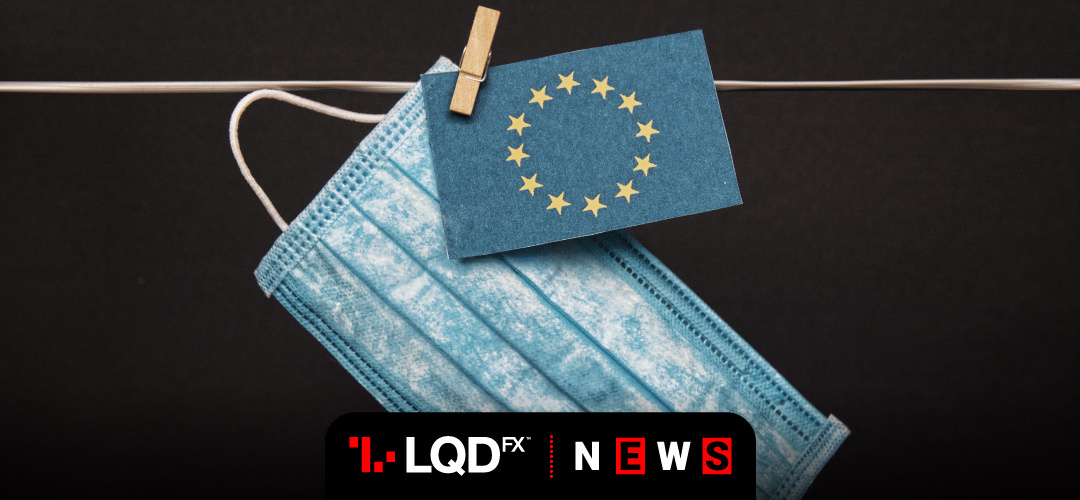The euro slipped as the eurozone recovery from its deepest economic downturn stuck in a rut brewing uncertainty over the remainder of the year.
Some countries in the bloc suffering more than others from restrictions imposed to limit the spread of the coronavirus.
Overall growth in the dominant service industry almost ground to a halt, suggesting the long road to recovery will be bumpy. IHS Markit’s Final Composite Purchasing Managers’ Index, seen as a good gauge of economic health, sank to 51.9 last month from July’s 54.9.
Germany’s services PMI fell. French business activity growth also eased. The services PMIs for Italy and Spain, both of which rely heavily on tourism, dropped back below the breakeven mark. Greece’s economy, also largely reliant on tourism, contracted 14% last quarter. Travel restrictions put in place by many European countries have hit the summer season. In Britain, outside the currency union, the composite PMI was at a six-year high but job losses accelerated in a bleak sign.
Investors also sold the euro on concerns that euro strength was a problem for the European Central Bank.
After the euro touched $1.20 earlier this week, worries brewed in the market that the rise had come too fast and strong for the ECB’s liking. According to Financial Times, several members of the ECB’s governing council were concerned that the euro’s rise could weigh on European growth.
ECB policymakers reportedly warned that if the euro keeps appreciating it will weigh on exports. Further, the appreciation will drag down prices and intensify pressure for more monetary stimulus. That followed remarks on Tuesday from ECB chief economist Philip Lane, who said the exchange rate “does matter” for monetary policy.
START TRADINGForex – Eurozone recovery from record recession lagged in August
A speech from ECB board member Isabel Schnabel at 1500 GMT will be closely watched for any comments on the euro currency. Also, traders will be watching for the initial jobless claims in the United States.
The dollar’s bounce extended on Thursday, as investors trimmed bets against the greenback. The dollar index was up 0.3% at 92.99.
Elsewhere, the Japanese yen is gradually drifting back to where it was before Shinzo Abe’s resignation. Against the Japanese yen, the dollar also rose by 0.3% at 106.45, a six-day high.
The Australian dollar slipped 0.6% to $0.7307.
The New Zealand dollar was down 0.3% at $0.7293.
The euro was last down 0.4% at $1.1812, having slipped earlier in the session to a one-week low of $1.1789.
Sterling fell on Thursday, extending its losses on a combination of dollar strength and weak domestic factors. At 1009 GMT, sterling was at $1.3277, down 0.5% since the previous session’s New York close.
Against the euro it was down around 0.2% at 0.88985.
Gold prices dipped to a near one-week low on Thursday, weighed down by a stronger dollar.
Spot gold was down 0.4% to $1,934.16 per ounce at 0930 GMT, having earlier fallen to $1,926.99.
PLEASE NOTE The information above is not investment advice.
Sources: Reuters, Investing, CNN money
